Ian Chappell: How serious misjudgement turned David Warner into an even better player
While the captaincy lure has been taken away from him, David Warner remains undaunted, and has set about establishing quite a legacy in all three forms of the game through an ‘incredible attention to detail’.
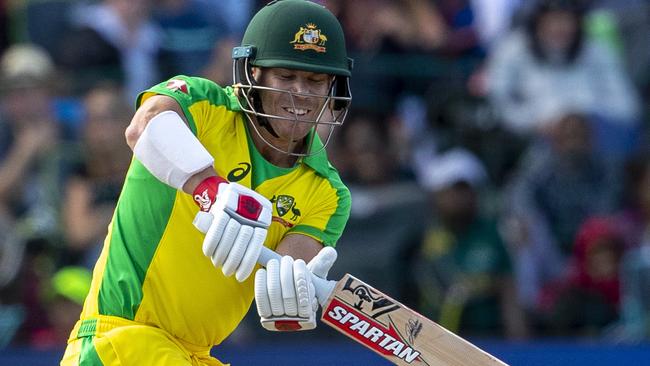
Cricket
Don't miss out on the headlines from Cricket. Followed categories will be added to My News.
- Miso soup airdrop, anyone! Zampa’s hunt for food fix
- Incredible picture of young Marnus with legend surfaces
In the opening segment of the Australian cricket team’s tour of South Africa, the task was two-fold.
They needed to win the T20 tournament and, in the process, hope Steve Smith and David Warner would confirm their successful rehabilitation by performing well in the same cauldron as the 2018 ball-tampering debacle took place.
Mission successfully accomplished.
Watch the QANTAS Tour of South Africa LIVE & On-Demand with no ad-breaks during play on Kayo. New to Kayo? Get your 14-day free trial & start streaming instantly >
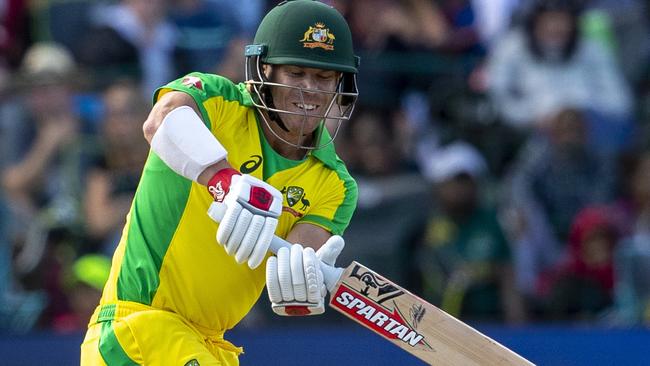
There was a touch of irony in the way the Australian team completed their victory. After demolishing South Africa in the first contest, an unexpected blip in Port Elizabeth — where the home side won a close encounter — led to them needing to win in Cape Town to clinch the trophy.
Needing victory at the scene of the tampering crime was the ideal way for Australia to deflate their biggest controversy since the underarm delivery in 1981.
They did so in emphatic style.
Australia’s bowling played a huge part in the tournament victory, obliterating South Africa in each win by dismissing the opposition for less than 100.
However, it was the performance of both Smith and Warner in their return to a hostile environment that captured most attention.
For Smith, the tournament was a success because of his consistency. He produced useful contributions in all three contests, but his 20-run final over in the deciding encounter underlined the mental strength of Smith, a hallmark of his career.
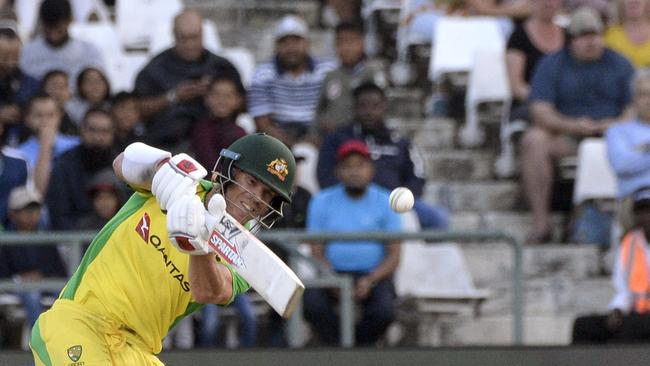
There were no recurring nightmares as he headed back to the same pavilion where he’d experienced his darkest day in international cricket.
Smith’s heroics pushed the target to a testing 194, a total set up by Aaron Finch and Warner’s opening assault. The pair put on 75 in the powerplay and finished with a blistering opening stand of 120 off just 69 balls.
They paced each other perfectly with strike rates marginally either side of 150, but it was the words of Finch after he received the player of the series trophy that attracted my attention.
In praising Warner, he said; “His attention to detail in his planning is unbelievable and as good as anyone I’ve played with.”
Having listened to Warner talk about cricket, this comes as no surprise. His knowledge of batting, and especially his own game, is excellent. It showed up in the way he charged back from adversity in England to complete a heavy scoring summer in Australia.
Sure, he was in familiar surroundings where he’s had a lot of success, but he’d also completed a thorough examination of himself after the England failures. His brutal honesty played a big part in his Australian revival.
Warner is able to look himself in the mirror and decide whether he likes what he sees or not.
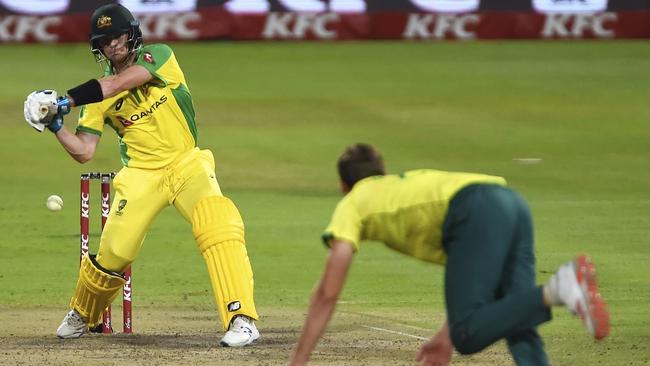
This has been beneficial in both life and cricket.
In much the same way that Ricky Ponting matured after being beaten up in 1999 at a Sydney nightclub, Warner has benefited from his serious misjudgment in Cape Town.
Both achieved the desired result through being honest with themselves and vowing to improve.
The difference between the two is Ponting went on to become a successful Australian captain after his rehabilitation, but Warner won’t have that opportunity.
And herein lies the problem for me: how come Warner is banned from future leadership opportunities but not Smith?
Smith’s crime was the greater of the two.
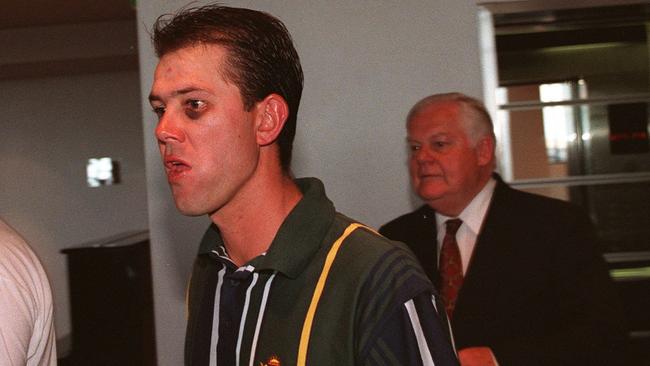
On witnessing Warner and Cameron Bancroft plotting the ball-tampering episode, how can a captain say: “I don’t want to know.”
It’s a captain’s job to know what is going on in his team and to promptly stop any nefarious activities. Smith didn’t stop the sandpaper escapade and therefore he’s at least as guilty as Warner.
Cricket Australia either had to ban both from future leadership opportunities or include Warner in the one-year punishment category.
That mistake won’t be corrected. However, what’s important is Smith and Warner have proved their serious misjudgment hasn’t harmed their ability to contribute to Australia’s ongoing success.
There was never any doubt about Smith’s mental strength — it’s obvious for all to see.
In Warner’s case, it’s not as evident but he’s proved it on many occasions.
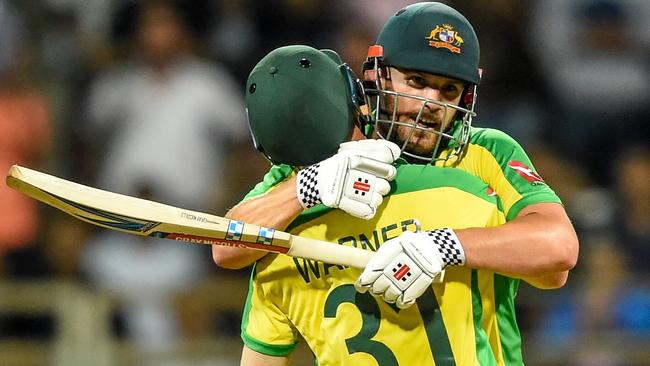
Right from the start, Warner was pigeonholed as a T20 hitter when in reality he was always an accomplished batsman.
He then copped an inordinate amount of blame for the ball-tampering episode and had to wear some extremely vitriolic responses. While he may not have won back all of the public, his satisfaction will lie in earning the undying respect of his captain.
Originally published as Ian Chappell: How serious misjudgement turned David Warner into an even better player
